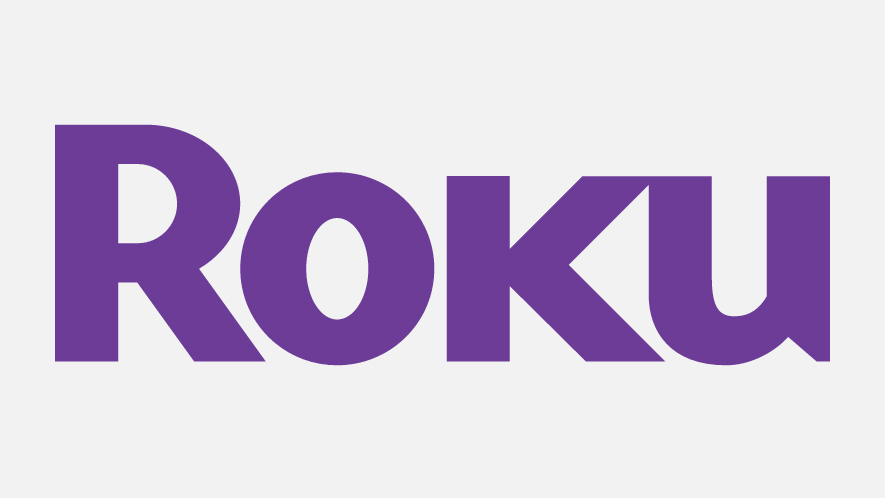Counseling and therapy are necessary parts of any treatment program involving drug addiction. It is a form of science that helps in delivering long-term sobriety by finding and tackling behavioral issues and possible triggers. Typically, counseling builds trust and provides the necessary support, resources, and environment needed by patients to fully recover from addictions. These are an essential part of treatment that can be a part of an immediate medical intervention or a long-term addiction recovery plan. Charleston Rehab Counseling & Therapy Center offers key treatment plans that help patients cement their plan to sobriety. Let’s learn more about how therapy helps with addiction treatment.
How Can Therapy Help Overcome Drug Addiction?
Overcoming addiction is no easy feat and requires commitment, dedication, and a comprehensive treatment plan. Patients undergoing therapy are advised to set achievable short-term goals and are taught important sobriety skills that help them overcome their addiction. Therapy and counseling become a means to develop and foster the patient’s physical and emotional health and move past obstacles. With the help of therapy, people facing addiction problems can be reintroduced into society, they can rebuild their damaged relationships and learn to be accountable for their actions.
Counseling plays a major role in removing dependency on drugs and enables them to learn how to take back control of their life. Some common therapies that are use to treat drug addictions can include:
- Cognitive Behavioral Therapy
- Motivational Interviewing Therapy
- A Person-Centered Therapy
- Dialectical Behavior Therapy For Addiction
- Motivational Interviewing
What Role Can Counseling Play In Your Life?
Drug addictions are more than just dependence upon substances or alcohol, they are part of a behavioral pattern. After medical detoxification, there are still risks of relapsing and becoming an addict again. Without proper professional therapy and counseling, the following psychological and social triggers can promote a response:
- Anxiety, stress, and changes in life can lead you back to addiction.
- Environmental cues and bad companies can act as triggers.
- Inability to manage withdrawal symptoms can encourage a relapse.
Counseling therapies are known to treat such triggers and concerns till eventually, the association breaks. Professionals help guide patients to the transition, make sure they become aware of the concerns, and develop an ability to fight the craving for their addiction.
Important Benefits of Counseling Therapy In Drug Addiction
By providing patients with the necessary tools to better themselves, and overcome their addiction, counseling, and therapy helps in processing built-up emotions, feelings, and traumas effectively.
Helps to Identify Situations That Encourage Substance Abuse
There can be numerous incidents, events, and moments that can pave the way for substance abuse. Counselors and therapists have the right skillset to unearth these cues and connections and help patients realize the cause and effect of their behavior. It is important to know that addressing these past issues with a professional can connect you back to yourself.
Therapy Provides Direct Support to Overcome Addiction and Mental Issues
Therapy and counseling invest in the mind and are especially useful for people with a dual diagnosis of substance addiction as well as mental illnesses. A mental illness and a drug addiction can directly or indirectly affect one another, and other forms of treatment can yield limited results. But with counseling and therapy, a combination approach can prove to be fruitful.
With Counseling Therapy, You Can Be Part of a Support Group
Group therapy and counseling have a unique approach to tackling drug addiction. By exposing the patient to people having similar issues, and concerns, there is a sense of community, attachment, and added responsibility. It enables the patient to learn from their peers and provide support to them to live a sober lifestyle.
Develop New Behavioral Strategies and Perspective
Therapists help patients avoid triggers, former routines, and even former peer groups that can threaten their recovery from drug addiction. The use of Cognitive Behavioral Therapy is quite common to find new ways to remove unproductive ways of thinking, acting, and eventually relapsing. With proper help, the person suffering can develop healthy habits and routines.
Therapies can Prevent Relapses
One major benefit of therapy and counseling is that they can effectively prevent a relapse. By introducing the individual to a healthier alternative, the ability to process triggers, practice rationale, and a supportive peer group – therapy greatly reduces the likeliness of relapse. Additionally, friends, and family might also be involved to change the likelihood of a relapse.
The Effectiveness of Drug Addiction Therapy
With therapy and counseling offering numerous benefits to patients, there is substantial evidence that backs up the effectiveness of drug addiction therapy. What’s more is the degree of effectiveness depends upon the program, and the individual undergoing the treatment. In most cases, consistency is stated to be the most important part of any treatment, and the case of therapy and counseling is no different. Additionally, there can also be complementary therapies that can improve the patient’s overall wellbeing, such as exercising, meditating, yoga, and more.




























